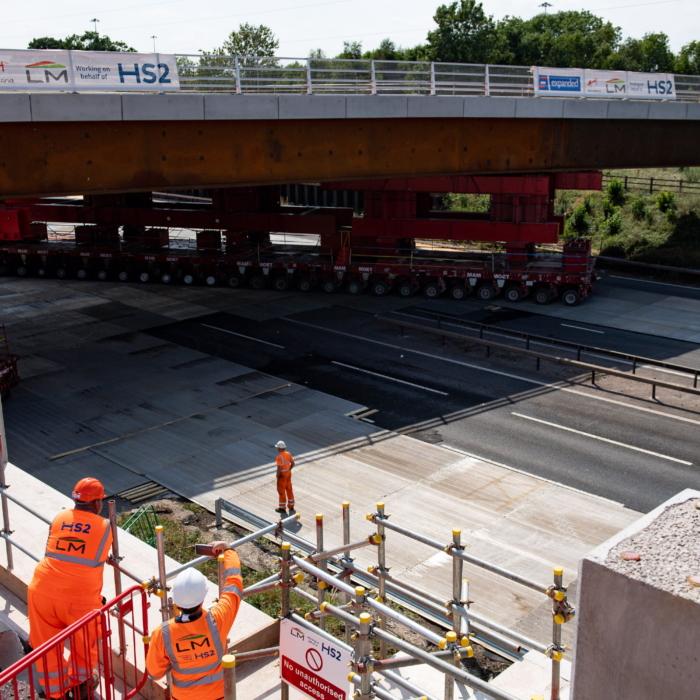A website that connects homeowners with local tradespeople, Checkatrade, warned that the sector is in need of close to 1.3 million new skilled workers and 350,000 construction apprentices.
To deliver on construction sector output over the next decade, the workforce will need 515,000 more people in employment. In the home improvement and repair sector, 219,00 more employees need to be recruited.
The shortage of carpenters, builders, electricians and plumbers comes amid the pressures of an ageing population, outward migration, and low labour force.
Net zero is another key priority for the government and includes a commitment for an extra £6.6 billion to improve energy efficiency. Policymakers want to ensure all homes in the private rented sector meet minimum energy efficiency standards by 2030.
Given Labour’s commitments, the shortage of skilled workers will add pressure on capacity in construction, Checkatrade said.
With construction vacancy levels at historically high levels, employers are struggling to find staff. Analysis showed that the number of vacancies in May was higher than at any time in 20 years preceding the COVID-19 pandemic.
Meanwhile, the demand for construction workers across the UK is expected to grow. London has the greatest need, compared to other regions analysed in the report. Checkatrade estimated that in the next 10 years, the capital will need more than 200,000 construction workers.
In apprenticeships, London will see demand grow to at least 55,000 qualified people over the next decade, while Scotland will require slightly over 26,000.
Jambu Palaniappan, chief executive at Checkatrade, has warned that if the skills gap is not resolved, the government’s vision “will remain out of reach.”
“The trade and construction sector sits at the heart of the national mission to get Britain building, reach net zero and drive economic growth. From plumbers and electricians to roofers and carpenters, there will be huge opportunities for careers and job creation in building the skilled workforce we need to deliver these targets.
Old and New Generations
The sector has also recorded an increase in the age of the workforce. The share of workers over the age of 50 increased from 27 percent in 2004 to 35 percent last year. Around 750,000 of the 2.1 million workers in the sector are over 50, the report said.There is a need for younger people to enter into careers in construction to sustain the demand for new skills as a result of transitioning to net zero. A younger workforce is likely to take on new sets of skills, which could also encourage current workers to stay and learn, the report found.
The next generation of tradespeople can be attracted to the industry with the promise of well-paid careers, Palaniappan said.
Checkatrade urged schools and colleges to provide career guidance as part of the curriculum to attract more young people into the sector.
The report also recommended that tradespeople should be supported with skills grants. Sole traders and small- and medium-sized enterprises should be incentivised to hire apprentices under the age of 25 with targeted grants, it said.
The data also found that not all employers use their apprentices funds from the Apprenticeship Levy on time, with unused money expiring after 24 months in their account.
In 2020–2021, nearly half of the funds raised two years prior were left unspent.







